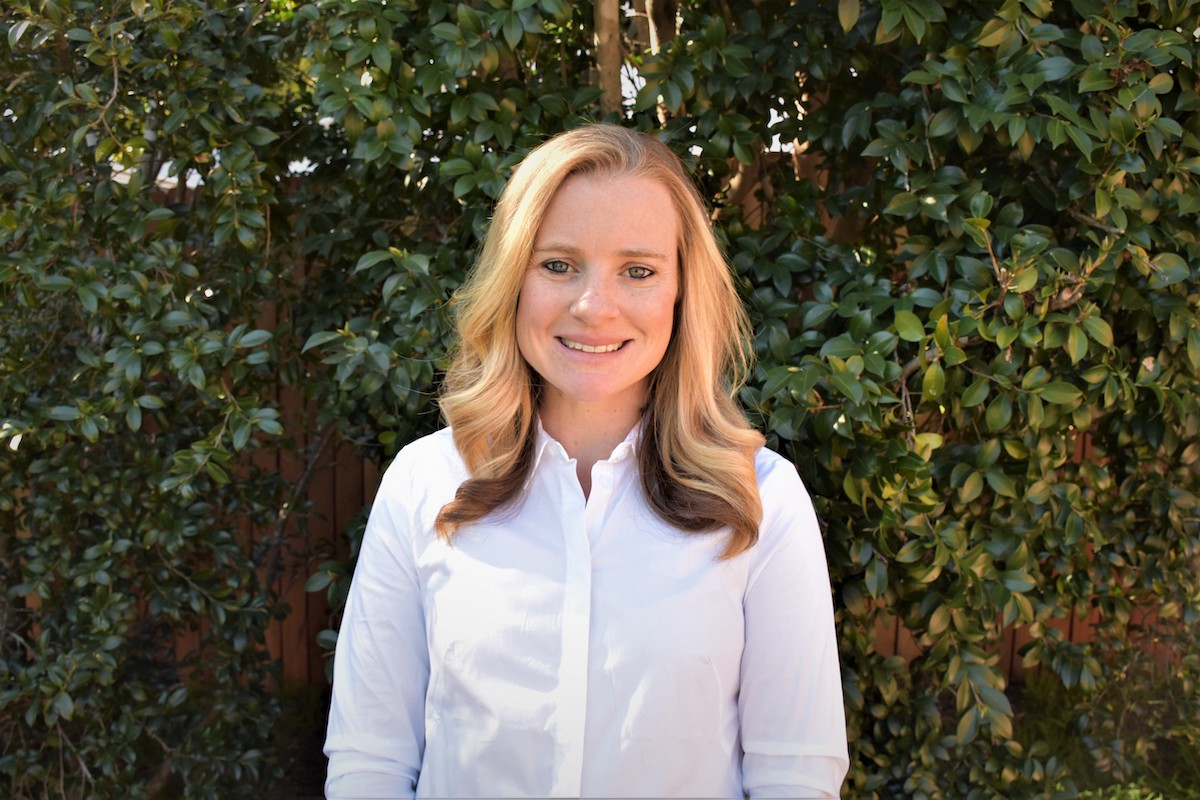What was your first job?
I was very fortunate to start out in an impact investing role straight after university. I worked for a consulting firm in South Africa called GreaterCapital that delivered impact measurement services to capital providers.
When did you know you wanted to work in finance/business?
I’ve always loved working with numbers and so it was never a question for me about working in finance.
When did you first discover the concept of Impact Investing?
I was brought up in South Africa and have always had a passion for assisting those less fortunate. Early on I recognised the important role that businesses played in addressing social inequality, particularly those businesses offering goods and services with the direct intention of bridging the gap through things like affordable housing, better access to healthcare and employment of disadvantaged cohorts.
I did my master’s dissertation on these organisations and spent many hours talking to entrepreneurs from micro businesses like childcare centres in impoverished areas through to entrepreneurs of large businesses working on providing more affordable healthcare services. One of the common themes in these conversations was the challenge of accessing capital to grow their business driven largely by a lack of understanding of whether there was a trade off between financial and social return – a conversation I still often have today! This was when I came to learn about the organisations providing impact capital.
What’s one exciting development you and your team have in the pipeline?
At Inspire Impact, we have been largely focused on the provision of housing for individuals living with disability, recognising the supply gap and the need for likeminded investors to work alongside accommodation and support providers to deliver the best outcomes for these individuals. We are continuing to grow our footprint in this space whilst also looking at new opportunities across both developmental sectors and asset classes. Watch this space!
What was the most interesting impact deal (from any team across Asia/Pacific) in the past 12 months?
Sneaking slightly outside of the 12 months but still an on-going investment in terms of delivery, would be the Rockefeller Foundations partnership with Tata Power in India to launch TP Renewable Microgrid PTY Ltd.
This is a company focused on delivering electricity to rural areas across India using an innovative microgrid model. Access to stable electricity has numerous benefits for communities and the scale at which they intend to deliver these microgrids could impact 25 million people over the next 10 years. It’s one of those great investments where the use of impact capital to support innovative ideas has resulted in widespread positive social and environmental impact.
Name one high impact company (globally) that investors should keep their eye on?
I don’t have a company recommendation – but a sector that I am keeping my eye on, within Australia, is Aged Care. It’s a sector that I believe is rife for disruption through innovation and improvement in the delivery of services.
What’s your vision for impact investing in 5 years’ time?
There has already been a major shift where the principles of impact investing are being taken up in ‘mainstream’ investing. I think this is a brilliant outcome. Impact investments historically have been defined at the ‘pointy’ end of impact but the reality is that all businesses have an impact on the communities they operate in, the people that buy their goods and services as well as on the planet. Seeing more widespread use of strategies like negative screening, incorporation of ESG principles and sustainability targets are all things that can create a positive impact and so the definition of impact investing has already broadened.
This is the future of impact investing, where there is less distinction between mainstream and impact, but instead, we have a financial system that is more conscious of the impact they are having.

